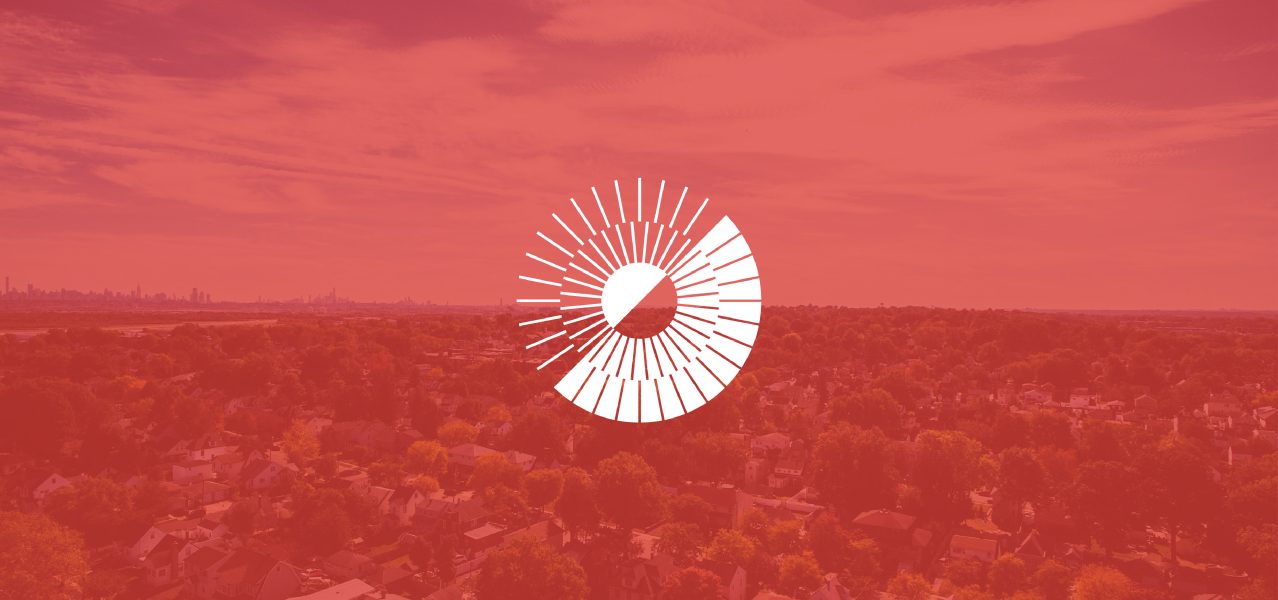The first 100 days of President Trump’s second term have introduced major federal shifts with serious implications for Black communities and the Community Development Financial Institution (CDFI) sector.
On May 2, 2025, the administration proposed a $100 million Rural Financial Award Program requiring 60% of CDFI activity to serve rural areas—potentially sidelining urban, majority-Black communities. Simultaneously, it called for a $291 million cut to the CDFI Fund’s discretionary grants, framing racial equity and climate-focused investments as political rather than economic priorities.
Regulatory changes are also on the table. Section 1071 of the Dodd-Frank Act—which ensures transparency in lending to women- and minority-owned businesses—is under review. Meanwhile, the Consumer Financial Protection Bureau appears to be softening oversight, particularly in fintech, where safeguards are vital for inclusive lending.
Additionally, the Minority Business Development Agency (MBDA) has been dismantled, eliminating one of the few federal entities specifically focused on minority-owned enterprises through technical assistance, access to capital, and federal procurement opportunities. Simultaneously, environmental justice programs have been defunded, and key policy efforts like President Biden’s Executive Order 13985 have been rolled back. These changes further destabilize communities already facing disproportionate environmental and economic risk, while making support for Black-led CDFIs even more limited and difficult to access.
Bottom line: This administration’s early agenda marks a clear shift away from inclusive finance. For Black communities and the CDFIs that serve them, federal support is shrinking just as momentum was building. The next round of budget negotiations will be critical in determining the future of equitable economic investment.




